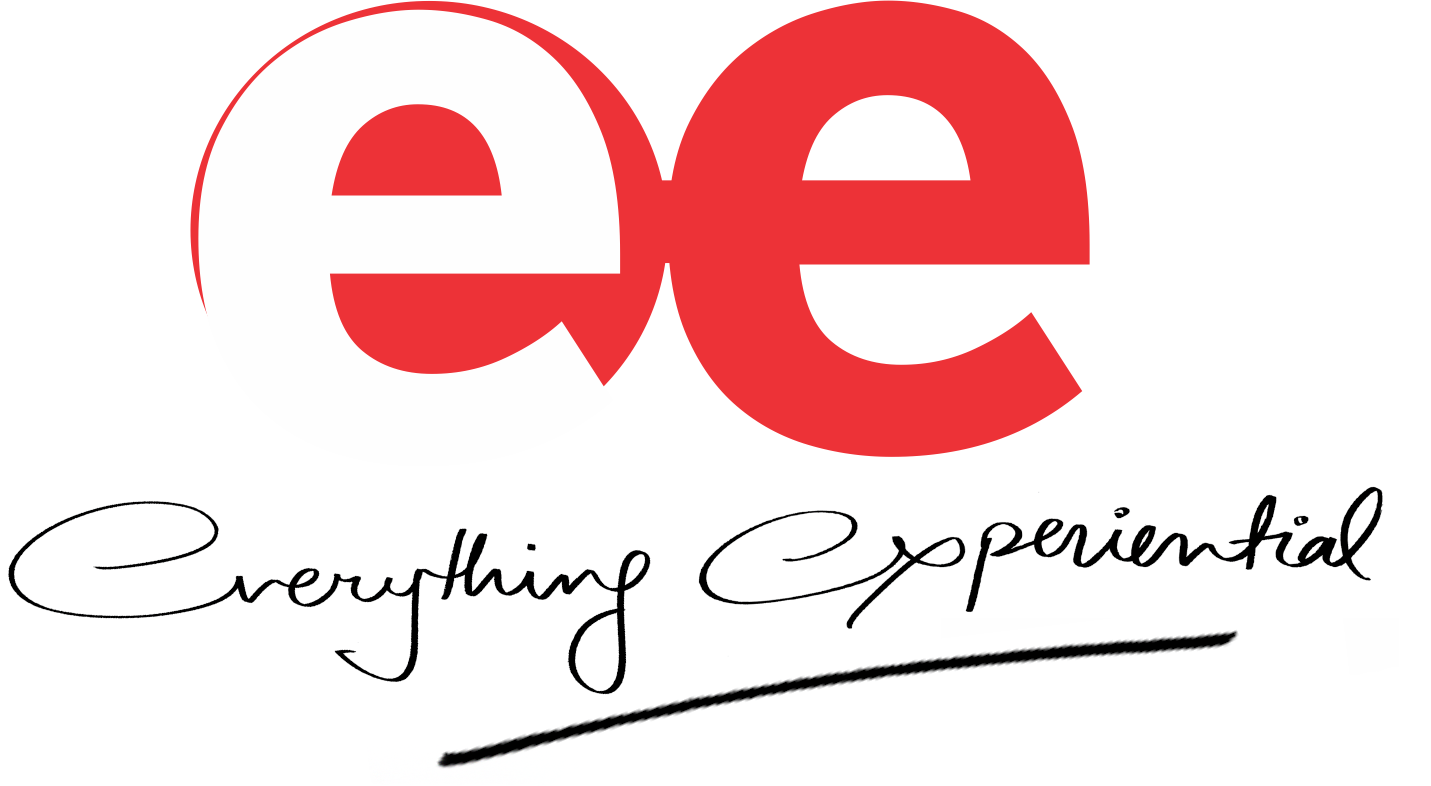Five common mistakes in event planning and their solutions
It is quite a known fact that events of today can be determined by cost overruns, customer dissatisfaction, poor scheduling and several other factors related to planning, mapping, resource allocation and communication. All events are subject to a wide range of events due to the involvement of media, public interactions, legal formalities etc. The fortification of one or more risks can lead to audience dissatisfaction, loss of reputation, withholding of payments and much more complexities.
Here at EE let us have a look at some of the usually committed mistakes by event agencies.
Failure to allot the right resources, with the most appropriate skills
Issue: It’s seems fairly palpable that accurate event staffing is critical, yet improperly allotting ranks highest on the list of most common event management mistakes. The key to a successful event is getting the right people possessing the required skills on board. Just by not having the right people as managers, an event can become a recipe for disaster.
Solution: Event managers need to be fully aware about the skills and workloads of all their team members, including contractors, vendors, and outsourcers, who often get left out of skills assessments even though they contribute in huge proportion of work. A thorough assessment of all resources at the outset of the planning process should be executed to have sufficient visibility into everyone's skills and workloads. Once event planners are well informed about who's doing what, allocation resources across the myriad elements and day-to-day work becomes far easier.
Necessity of keeping room for changes and improvement
Issue: As with almost all real-life scenarios, most of our events have modifications in plans and scope of improvement before the main day. Thus it is very important to keep a track of the minutest change because no matter how small it is it can lead to improper budgeting, or an impossible timeline.
Solution: Following a formal 'change tracking process' is an effortless yet extremely effective way to keep changes documented, communicated and under control. The client requesting changes (e.g. additional seating arrangement or change in the food service) needs to explain the specific modifications and the event manager needs to determine how that request will impact the budget, timeline and communicate it to all other stakeholders involved to have clear and free execution.
Dealing efficiently with event risk management
Issue: In India we all are aware of the fact that anything can happen at the last minute. Stuff happens at the last minute, leaving everybody astonished by it. Consequently, the event goes into a tailspin and the last moment pressure comes on the shoulder of the event planner.
Solution: To avoid such circumstances one should always perform an event risk assessment in the early stage of the event planning process. As event managers it is highly beneficial to brainstorm with your team in cases of derailment in the event, budget overrun, or other such complexities. Then figure out ways you can alleviate those risks. This exercise takes very little time and is highly beneficial to avoid risks in event planning.
Experience speaks
Issue: Several big and small event management agencies are mushrooming every day. But the million dollar question is whether setting up an agency of your own is enough or not! Event planning can very easily go out of proportion without an experienced event manager at the rudder who is well acquainted with his work.
Solution: In order to avoid this one should always hire event managers with certifications and the finesse required to comprehend and address the need of its customer’s rightly. Good event managers have the balanced combination of ‘soft skills’ and can exhibit efficient planning meetings, and handle a variety of different stakeholders.
Intelligent sharing of content and in the right manner:
Issue: Use of hashtag and sharing the news of the event on social media websites is not intelligent sharing of content. Although it is required yet it is not sufficient to create the right amount of buzz. One factor that is generally missed in terms of making the extremely useful discussed content available for all is Live Streaming.
Solution: Live streaming is a huge missed opportunity for event planners. Offering live stream adds to future business for the brand. This is a great way to invite crowd who could not attend the event but eventually became a part of the same.
Live streaming helps in bringing huge business and with Youtube recently introducing it, this technique has managed to appeal for massive SEO opportunities.
Around The World
Advertisement






